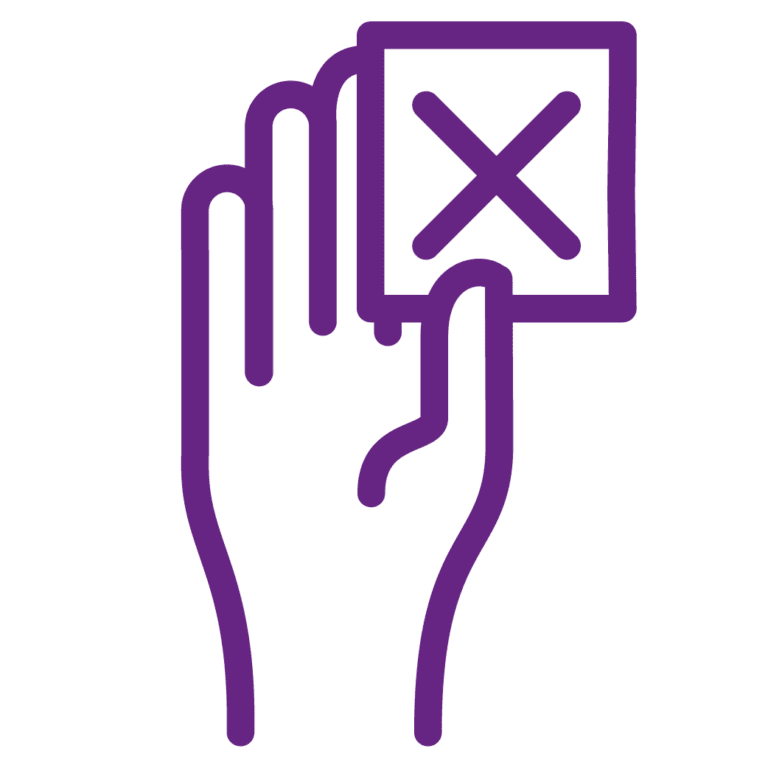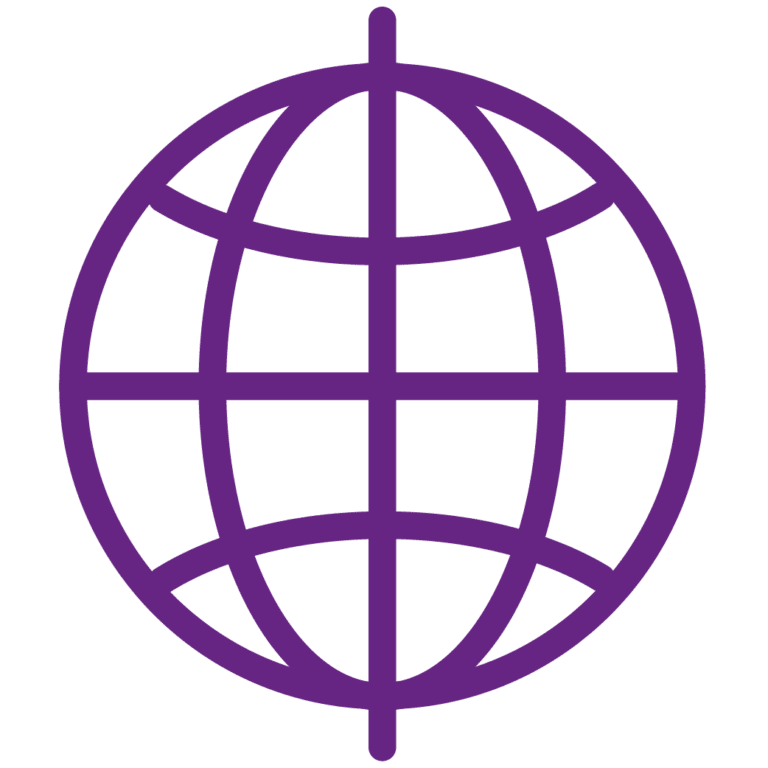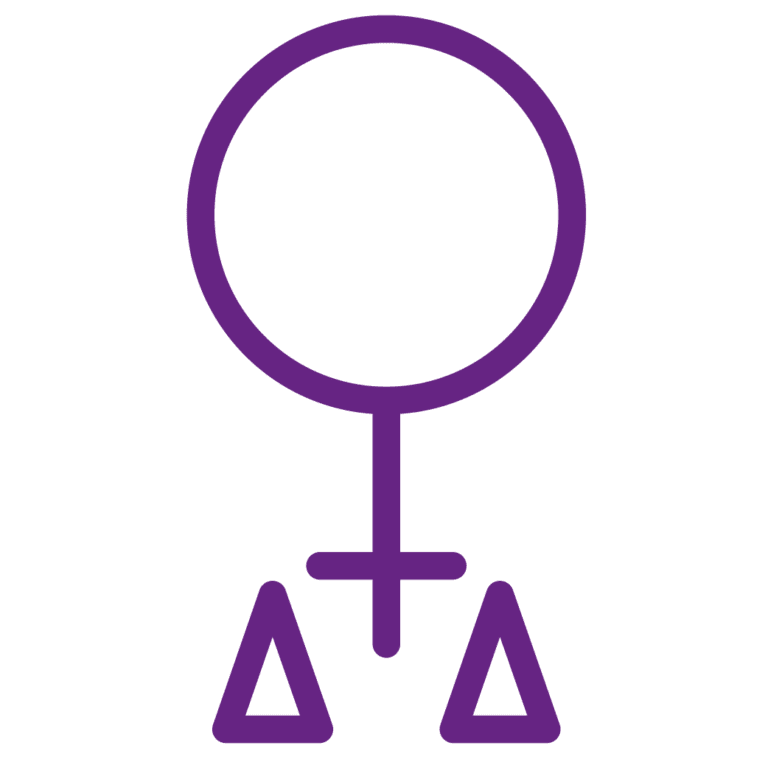Lebanon is grappling with a prolonged and multidimensional crisis situation that has plunged the majority of its population into poverty and misery. Between 2018 and 2021, the country’s GDP dropped from US$55 billion to US$23 billion. Similarly, GDP per capita fell from US$9,226 to US$4,136.
As a result, three-quarters of the Lebanese population has plunged into poverty; the average salary covers only 24 per cent of basic food needs, compared with 93 per cent in 2021; life expectancy has fallen from 80 to 75 years; and almost 350,000 Lebanese people have left the country.
At the heart of these issues is a deep-seated institutional crisis whose origins go back to the National Pact of 1943, which established a confessional system; to the civil war caused by a reshuffling of the power-sharing system in 1975; and to the Taif Agreement that ended the civil war in 1990. Under these agreements, senior government posts were reserved for persons of specific religious denominations. Thus, a Maronite Christian is President of the Republic; a Sunni Muslims, the Prime Minister; and a Shiite Muslim, the Speaker of Parliament. Over the years, this system has had major consequences, including dysfunctional government, paralyzed political institutions and endemic corruption. Yet, the one thing evident today is the existence a civil society whose structure and self-image are less and less constrained by the straitjacket of denominational politics and whose calls to solidarity, social and democratic participation and the strength of whose appeals are based on the secular concept of citizenship.
The population is questioning the fundamental assumptions on which ruling groups now at the helm of the state base their legitimacy and cling to fiercely. Meanwhile, the system is paralyzed, and the country often finds itself without a president or prime minister, even though the speaker has been in office since 1992.
These institutional blockages affect various aspects of everyday life, including access to work; purchasing power; water, gasoline and power supply; healthcare; and even garbage collection. Nationally important decisions are avoided, delayed or negotiated to the lowest common denominator to the extent that they no longer have any real impact. The support and integration of migrants and refugees is also affected, with political parties and religious factions blaming them for the country’s ills.
By the end of 2022, Lebanon was hosting just over 1.5 million Syrian refugees fleeing the civil war in their country, and around 300,000 Palestinian refugees from a previous migration crisis. Together, they represent almost a third of Lebanon’s population, estimated at 5.5 million. Empathy for Syrians, who were welcomed when hostilities began in Syria, has been gradually replaced by rejection. The European Union estimates that some 90% of Syrian and 73% of Palestinian refugees, along with more than half of Lebanese households, are in need of aid.
Another disaster struck the very heart of Lebanon on August 4, 2020, when 2,750 tonnes of improperly stored ammonium nitrate blew up in the port of Beirut. The unprecedented explosion destroyed entire districts of the capital; killed over 200 people; injured more than 6,500; and left around 1 million people unemployed and in need of help. Material damage was estimated at between US$10 and 15 billion, almost half the country’s GDP.
This latest tragedy has wrought destruction of such great scale and scope that Lebanon, despite the courage, strength and resilience of its people and civil society, cannot recover alone and has naturally looked for support beyond borders to its diaspora and international aid.










Development and Peace ― Caritas Canada has been working in solidarity with the native and migrant populations of Lebanon since the Cedar Revolution of 2005, which saw the end of Syrian political control in the country. At that time, the aim was to support the emerging civil society; isolated Iraqi and Palestinian refugees; and communities targeted by Israeli air strikes on towns and infrastructure. Since then, we have been supporting many migrant workers in precarious situations in Lebanon’s major cities.
Over the past decade, we have set up a major program to meet the needs of Syrian refugees and Lebanese women and men in vulnerable situations.
Our current programming is closely linked to two major events of recent Lebanese history: the aftermath of the war in Syria, and the August 2020 Beirut explosions. With regard to the war in Syria, our response is structured around four programming objectives linked by a cross-cutting focus on gender equality:
We work in partnership with Caritas Lebanon to provide primary healthcare, psychosocial support and other vital services to migrants and refugees, as well as to vulnerable Lebanese people.
In 2020, in addition to supporting the immediate emergency response after the Beirut blasts, we continued addressing the economic and political needs of communities affected by it and other medium- and long-term crises.
From 2020 to 2022, following the destruction of the port and the city of Beirut, we:
As part of our work on peacebuilding and civic participation in Lebanon and the Middle East region, we support organizations with expertise in conflict prevention and citizenship education, such as the Adyan Foundation. This support includes training and capacity-building that equips young activists in conflict regions―often border areas―with knowledge and skills needed to build less divisive, more just and peaceful communities, and to advocate for participatory, democratic decision-making structures.
These young women and men study and map sources of conflict; organize inclusive community projects; engage people in dialogue with authorities; document human rights violations; and, facilitated by our projects and networks, raise their voices in local, regional and international arenas.
[1] For details, see The Beirut blasts: a one-year update.
About us
Our work
Get involved
Ways to give
Resources
Get in touch
555 René-Lévesque Blvd. West, 8th Floor
Montreal (Quebec) Canada H2Z 1B1
Phone: 514-257-8711
Toll-free: 1-888-234-8533
Fax: 514-257-8497
Email: info@devp.org
Charity number: 1 1882 9902 RR 0001


Our international cooperation program is carried out in part with the financial support of the Government of Canada acting through Global Affairs Canada.
Development and Peace — Caritas Canada is the official international solidarity organization of the Catholic Church in Canada and the Canadian member of Caritas Internationalis.
Copyrights © 2024
Don’t miss anything about the work of our international partners or our awareness and mobilization campaigns.
Sign up now for our newsletter.